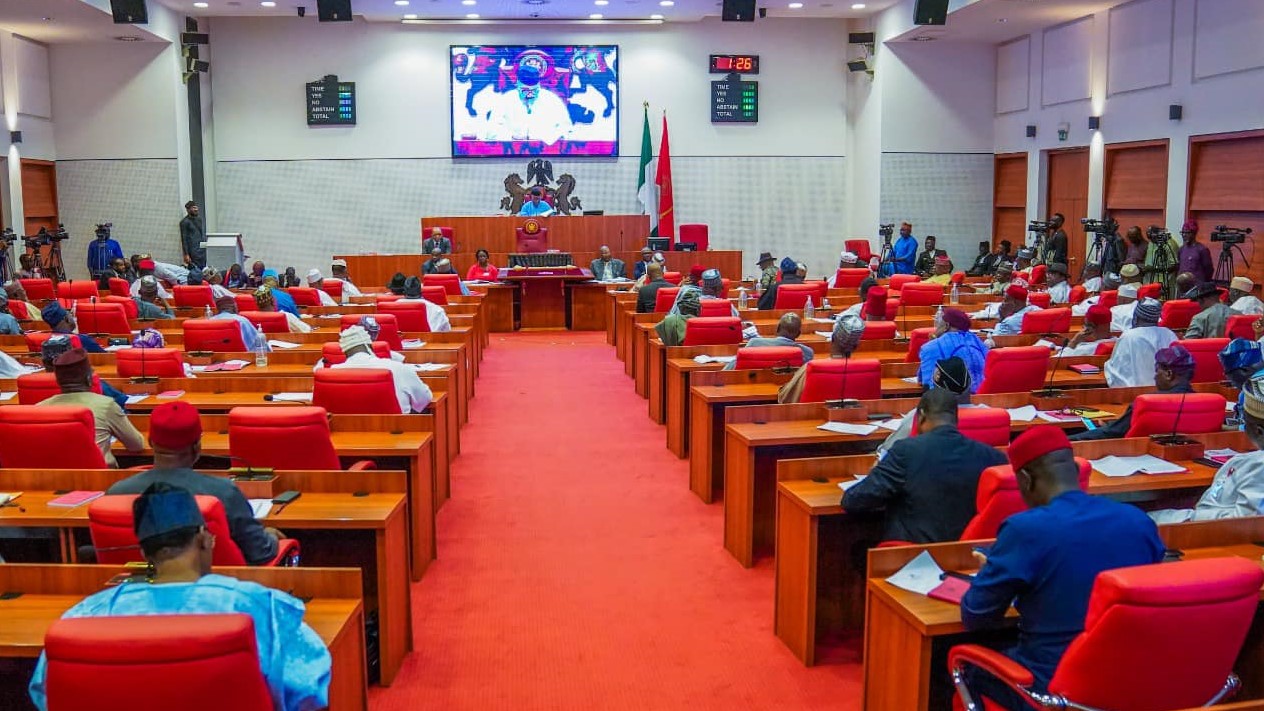GOVERNMENT & POLICY

SENATE PASSES SECOND READING OF ELECTRIC VEHICLES TRANSITION BILL
The Nigerian Senate on Wednesday passed the second reading of a bill seeking to facilitate the nation’s transition to electric vehicles (EVs) and advance its commitment to green mobility and environmental sustainability.
The bill, sponsored by Senator Orji Uzor Kalu (APC–Abia North), aims to establish a comprehensive legal framework for EV adoption, local manufacturing, and economic growth in Nigeria’s transport sector.
Presenting the lead debate, Kalu explained that the proposed legislation would guide the country’s gradual shift from petrol- and diesel-powered vehicles to cleaner, eco-friendly alternatives.
He noted that the transport sector accounts for 25–30 percent of Nigeria’s greenhouse gas emissions, with over 12 million registered vehicles still dependent on fossil fuels.
“This bill is in line with global best practices and Nigeria’s international environmental commitments,” Kalu said. “Without decisive action, Nigeria risks being left behind as other nations move toward full electric mobility.”
He cited examples of countries like Norway, which targets complete electric mobility by 2030, and African peers such as South Africa and Kenya, both of which have adopted national EV policies.
Kalu also highlighted the economic potential of the transition, noting that the global EV industry is projected to exceed $1.5 trillion by 2030. He added that Nigeria, endowed with mineral resources like lithium and nickel, could become a hub for EV and battery production, while reduced emissions would improve public health outcomes.
In his contribution, Senator Adamu Aliero (APC–Kebbi) described the bill as “timely,” emphasizing its benefits for congested urban centers such as Lagos and Kano, where pollution and carbon emissions are on the rise.
Senate President Godswill Akpabio commended the initiative as “a good innovation” and referred the bill to the Senate Committee on Industries for further legislative review. The committee is expected to report back within four weeks.
"This represents a significant development in our ongoing coverage of current events."— Editorial Board









